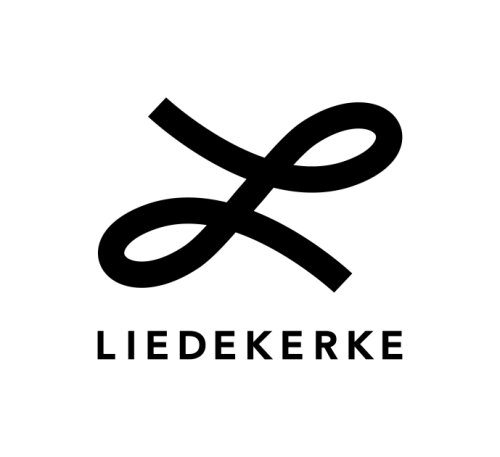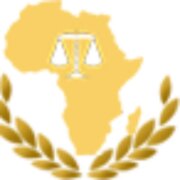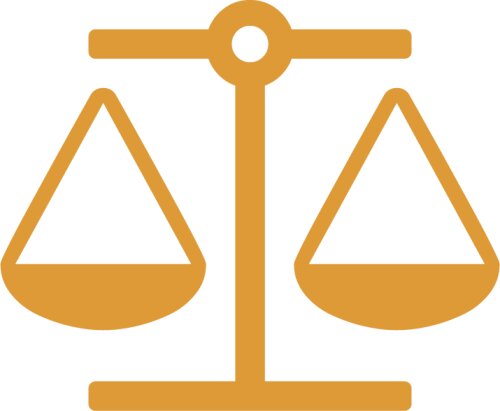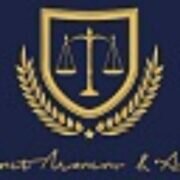Best Financial Services Regulation Lawyers in Kinshasa
Share your needs with us, get contacted by law firms.
Free. Takes 2 min.
List of the best lawyers in Kinshasa, DR Congo
About Financial Services Regulation Law in Kinshasa, DR Congo
The Financial Services Regulation in Kinshasa, Democratic Republic of the Congo, is designed to govern the financial sector, including banking, insurance, and investment firms. This regulatory framework is set to ensure market integrity, financial stability, and consumer protection. Banks and financial institutions in Kinshasa are required to operate under stringent regulations that monitor their financial activities to prevent fraud, money laundering, and other financial crimes. The Central Bank of Congo (Banque Centrale du Congo) is the primary agency responsible for overseeing the financial sector, issuing regulations, and ensuring compliance with both national and international standards.
Why You May Need a Lawyer
Engaging a lawyer for financial services regulation issues in Kinshasa may be necessary in several situations:
- Setting up a financial service business or bank, which involves navigating complex regulatory requirements.
- Compliance issues, especially for businesses requiring adherence to local and international financial regulations.
- Disputes between financial institutions and consumers over services provided or contractual terms.
- Accusations of regulatory non-compliance or involvement in financial crimes such as money laundering or fraud.
- Understanding the implications of new laws or amendments to existing financial regulations.
Local Laws Overview
In the Democratic Republic of the Congo, the legal framework for financial services is primarily governed by:
- The Central Bank Act: Establishes the Central Bank of Congo's authority and outlines the procedures for licensing and regulation of financial institutions.
- The Banking Act: Defines the rules and conditions under which banking activities must be conducted, including capital requirements and risk management protocols.
- Anti-Money Laundering Laws: Require financial institutions to implement measures to identify, manage, and mitigate risks associated with money laundering and terrorist financing.
- Financial Consumer Protection Regulations: Designed to protect the rights of consumers in the financial marketplace, ensuring transparency and fairness.
Frequently Asked Questions
What is the role of the Central Bank of Congo in financial regulation?
The Central Bank of Congo oversees the financial stability of banks and other financial institutions in the country, ensuring that they comply with national and international regulatory standards.
How can I set up a financial services company in Kinshasa?
Setting up a financial services company involves obtaining licenses from the Central Bank of Congo and adhering to specific regulatory requirements, including capital adequacy and risk management rules.
What are the penalties for non-compliance with financial regulations?
Penalties can include fines, suspension of business activities, revocation of licenses, or even criminal charges, depending on the severity of the non-compliance.
Is there a process to appeal against a regulatory decision?
Yes, the regulatory framework provides mechanisms for financial institutions to appeal decisions made by the Central Bank involving penalties or other regulatory actions.
How does anti-money laundering regulation affect businesses?
Businesses are required to adopt measures such as customer due diligence, reporting suspicious activities, and maintaining records to prevent and mitigate money laundering activities.
What consumer rights are protected under the financial services regulation?
Consumers are protected against fraud, unfair practices, and have the right to transparent information about financial products and services.
How often do financial laws change in Kinshasa?
Financial laws can change frequently to adapt to new challenges and align with international standards, making it essential for entities to stay informed of such changes.
How can I ensure my business complies with financial regulations?
Hiring a regulatory compliance expert or a lawyer specializing in financial services law can help ensure your business adheres to all relevant regulations and avoids legal complications.
What should I do if I suspect financial misconduct?
If financial misconduct is suspected, it is advisable to report it to the relevant authorities and consult with a legal professional to understand the implications and required actions.
Can foreign investors provide financial services in Kinshasa?
Yes, foreign investors can provide financial services in Kinshasa, but they must comply with the same regulatory requirements as local entities and potentially additional foreign investment regulations.
Additional Resources
For more detailed assistance, the following resources and organizations can be helpful:
- Central Bank of Congo: The primary regulator providing guidelines and resources related to the financial services sector.
- Ministry of Finance, DR Congo: Offers insights into fiscal policies and economic regulations.
- Local legal associations: Professional bodies that may offer guidance or recommend qualified lawyers specialized in financial law.
Next Steps
If you require legal assistance in financial services regulation in Kinshasa, follow these steps:
- Identify your specific legal needs and gather any relevant documentation.
- Research and contact law firms or individual lawyers specializing in financial services regulation within Kinshasa.
- Schedule consultations to evaluate their expertise and discuss your case.
- Retain a lawyer with whom you feel comfortable and confident in handling your legal matters.
Taking these steps will help ensure you receive the legal support needed to navigate the complexities of financial services regulation effectively.
Lawzana helps you find the best lawyers and law firms in Kinshasa through a curated and pre-screened list of qualified legal professionals. Our platform offers rankings and detailed profiles of attorneys and law firms, allowing you to compare based on practice areas, including Financial Services Regulation, experience, and client feedback.
Each profile includes a description of the firm's areas of practice, client reviews, team members and partners, year of establishment, spoken languages, office locations, contact information, social media presence, and any published articles or resources. Most firms on our platform speak English and are experienced in both local and international legal matters.
Get a quote from top-rated law firms in Kinshasa, DR Congo — quickly, securely, and without unnecessary hassle.
Disclaimer:
The information provided on this page is for general informational purposes only and does not constitute legal advice. While we strive to ensure the accuracy and relevance of the content, legal information may change over time, and interpretations of the law can vary. You should always consult with a qualified legal professional for advice specific to your situation.
We disclaim all liability for actions taken or not taken based on the content of this page. If you believe any information is incorrect or outdated, please contact us, and we will review and update it where appropriate.
















